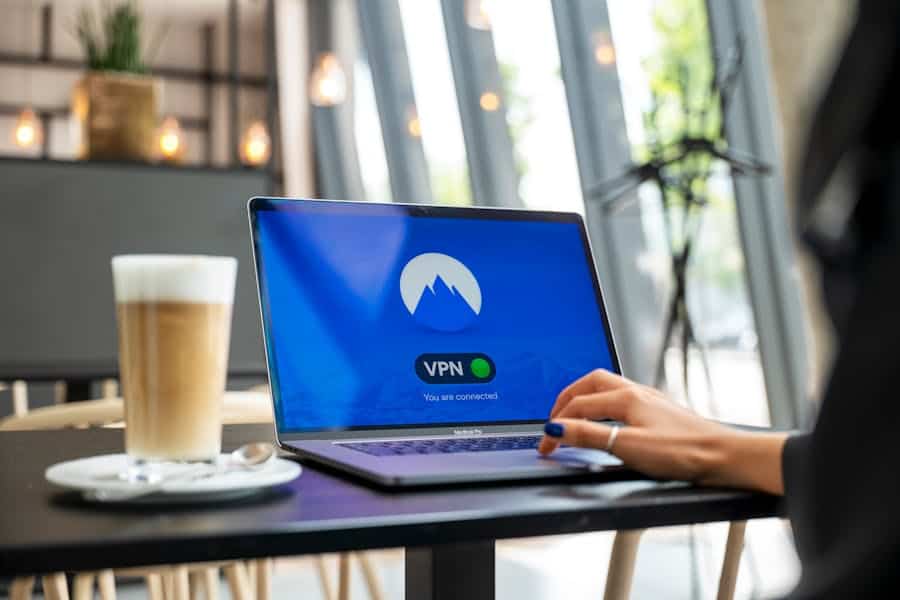In response to a recent government-imposed block on X (formerly Twitter), VPN demand in Venezuela has surged by nearly 500%, marking a dramatic rise in citizens’ efforts to bypass state-imposed restrictions and access vital communication platforms. This temporary block on X, which the government claims is a measure to control the flow of information, has fueled concerns locally and internationally, as critics argue it’s an attempt to curb free speech amid post-election protests.
The decision to restrict X came shortly after the results of Venezuela’s presidential elections, which were met with public outcry and allegations of fraud. Demonstrations broke out nationwide, with citizens taking to the streets to express dissatisfaction with the announced results. The government’s response included blocking access to X, a platform known for being a primary medium of public discourse and information sharing in Venezuela.
Conatel, Venezuela’s National Telecommunications Commission, began enforcing the block on August 8, sparking concerns about state-led censorship. The restriction led Venezuelans to turn to Virtual Private Networks (VPNs), which enable users to bypass local restrictions and access blocked platforms. According to vpnMentor’s Research Team, VPN demand in Venezuela rose by 494% following the announcement of the X block, peaking on August 9.
VpnMentor’s research highlights how quickly the demand for VPNs surged in the wake of the X block. Many VPN providers, such as ProtonVPN and TunnelBear, began offering their services for free to Venezuelan residents before the election as a show of support for internet freedom. ProtonVPN’s initiative allowed Venezuelan users to connect to secure servers at no cost, while TunnelBear followed suit shortly after the X block was enacted, further driving demand.
According to vpnMentor, the use of VPNs spiked as Venezuelans sought alternatives to access information and communicate freely. For many, VPNs became an essential tool not only to bypass restrictions but to protect their online privacy as fears of surveillance grew. These measures have drawn sharp criticism both within and outside Venezuela, with human rights advocates condemning the move as an infringement on free speech and an attack on democracy.
This surge in VPN use follows a familiar pattern observed in other nations facing restrictions on online freedom. Recently, similar spikes in VPN demand were noted in Bangladesh, where a government-implemented internet blockade led to a surge of over 5,000% amid violent protests. The trend underscores how citizens globally rely on VPNs to navigate censorship during times of civil unrest.
VpnMentor’s research team has documented VPN demand spikes during major protests, social media restrictions, and internet shutdowns, highlighting how internet users worldwide use these tools to counteract restrictions. The report suggests that for citizens in countries with limited digital freedom, VPNs have become a vital resource for maintaining access to information.
The block on X and the subsequent rise in VPN demand in Venezuela raises broader questions about freedom of expression in the country. Access to social media and online platforms is crucial in maintaining transparency, providing a means for organizing and communication during politically sensitive times. Critics argue that the government’s decision to restrict X and its potential threat to block other social platforms like WhatsApp is a severe blow to citizens’ rights to information and open discourse.
While temporary blocks on social media platforms have become a common tool for governments worldwide to contain unrest, they often trigger backlash and calls for freedom of expression from international human rights organizations. As Venezuelans continue to protest for political change, the need for unrestricted access to online platforms remains a key issue for both local and global advocates of free speech.
The current situation in Venezuela serves as a stark reminder of the importance of digital tools like VPNs in empowering individuals to access information, even amid restrictive measures. As citizens worldwide become increasingly aware of digital privacy and freedom, the role of VPNs in ensuring unrestricted internet access is likely to grow, particularly in countries where internet freedom is under threat.

